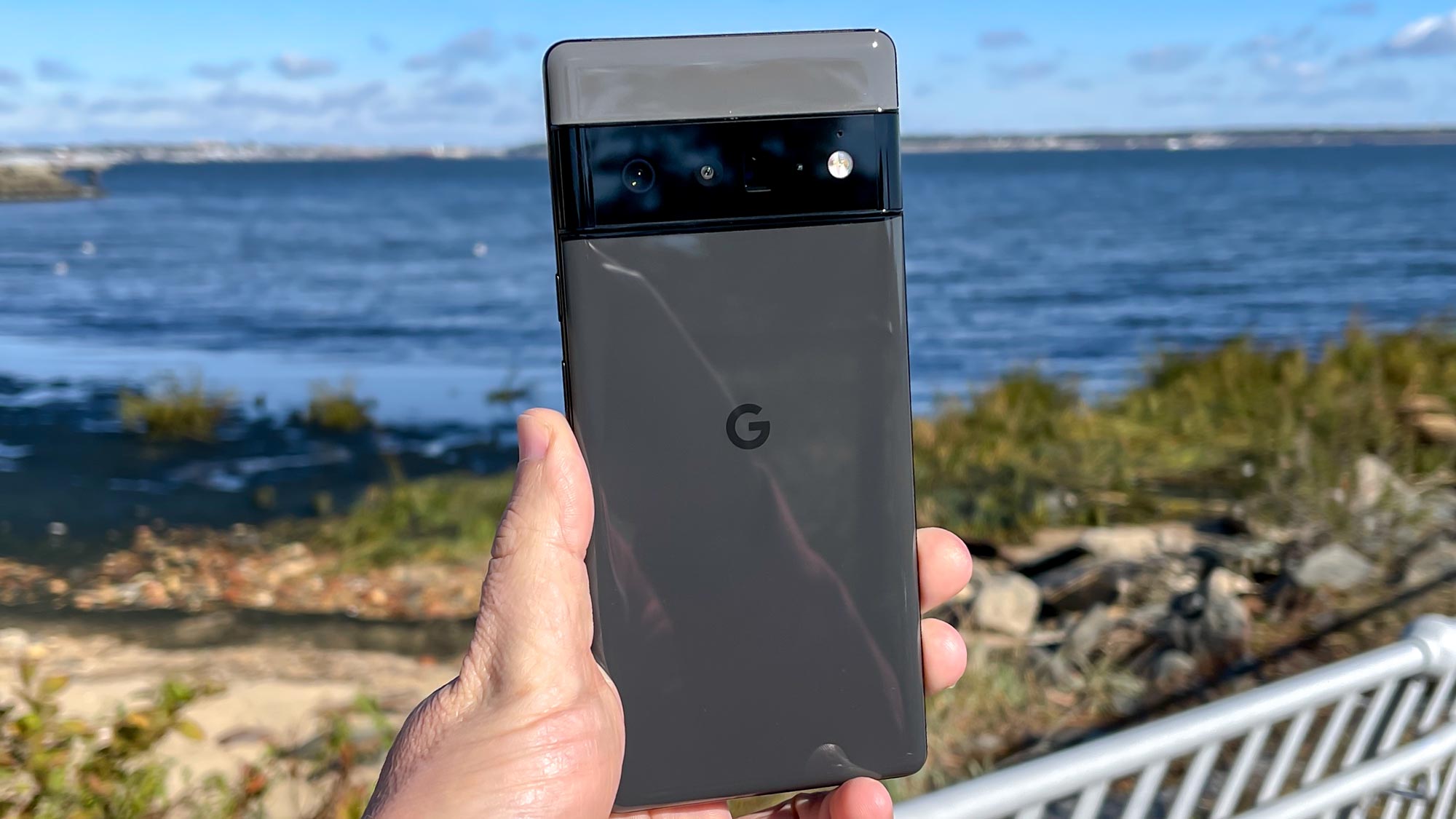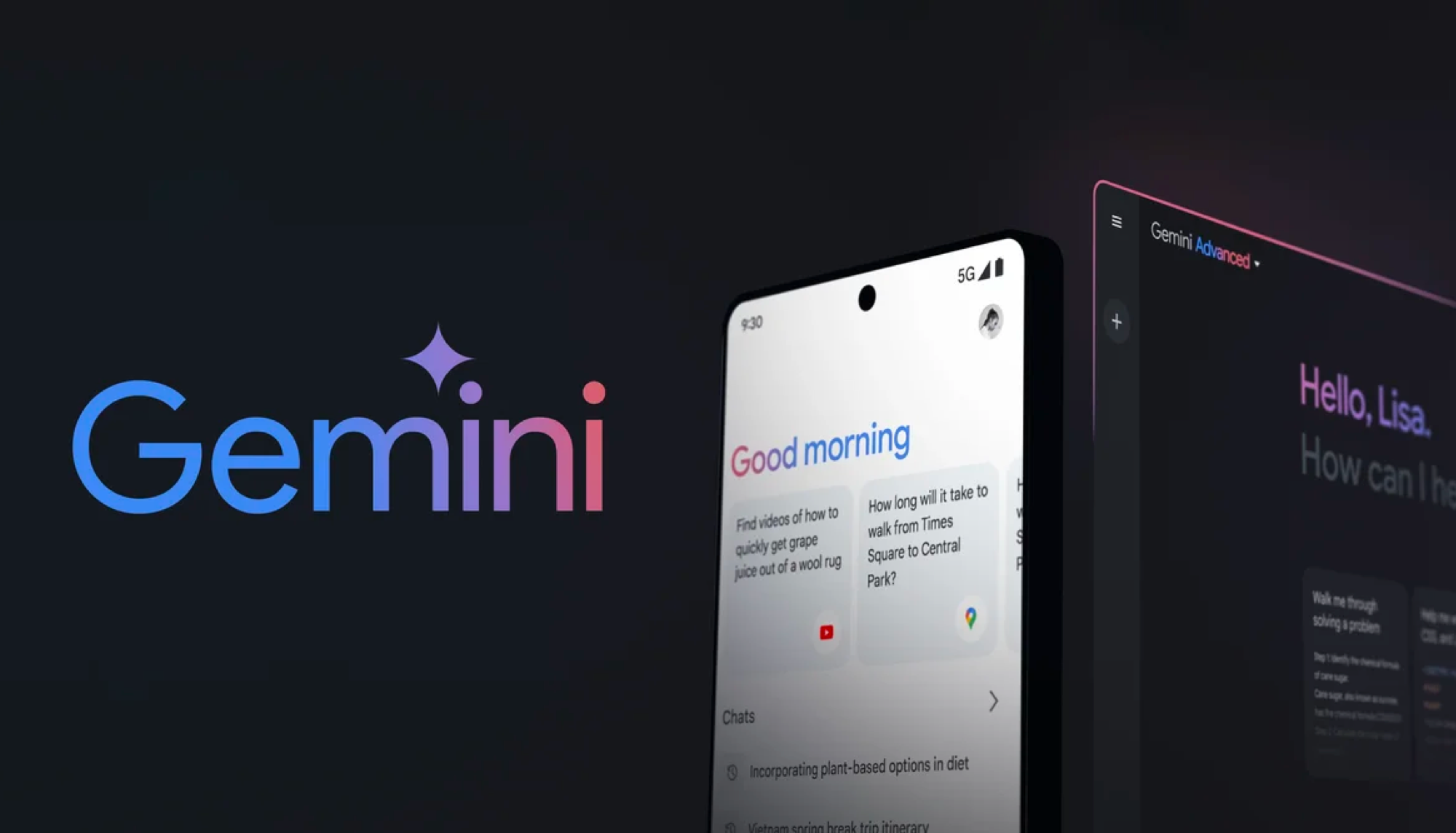Google Pixel 6 officially only supports 21W fast charging — not the 30W we were promised
Google admits the Pixel 6 series doesn't charge as fast as we were led to believe

Update: It's since been revealed that the Pixel 6 may not work with generic chargers, particularly slow-charging USB-A cables and bricks. So if you're having trouble recharging, this might be the case
The launch of the Google Pixel 6 series also came with the news that both phones would support 30W fast charging. Unfortunately testing showed that didn’t seem to be the case, with speeds clocking in around the 22W range. Now Google has admitted it.
In a community blog post, Google has revealed that the Pixel 6 can only draw 21W of power from a wired charger. Meanwhile, the Pixel 6 Pro can pull in 23W speeds, which is a little better but still a far cry from the 30W speeds we were promised.
We originally heard this news after Android Authority did a deep dive into the Pixel 6 and discovered it maxed out at 22W speeds. Meanwhile, the Pixel 5 supported up to 18W speeds, which isn’t that much lower; it’s just 3 watts less than the Pixel 6’s maximum power draw.
Google still maintains that the Pixel 6 will regain 50% of its charge in 30 minutes, and 80% after a full hour. Unfortunately, our own Pixel 6 charging tests also found that the phone was recharging slower than the competition — going from zero to 29% in 30 minutes.
The Pixel 6 Pro fared a little better, hitting 40% after half an hour, but that’s still a distance from the promised 50%.
Meanwhile the Samsung Galaxy S21 hit 55% in the same testing conditions, while the OnePlus 9’s 65W charger meant it was almost fully charged in the same amount of time. Now we know why this was the case.
Sign up to get the BEST of Tom's Guide direct to your inbox.
Get instant access to breaking news, the hottest reviews, great deals and helpful tips.
So why invest in a 30W charger when the old 18W charger isn’t much worse off? According to Google this new brick supports the new USB PD 3.0 PPS standard, which offers more efficient charging. But whether that's worth the cost of a new brick is your decision to make.
Google also notes that The Pixel 6 can optimize charging speeds, meaning it will charge faster at low battery levels and slows down when you get closer to full. It should be pointed out that this is not unique to Google Pixels.
All lithium ion batteries charge faster initially and slow down when they get closer to a full charge. It doesn’t matter whether it’s a smartphone battery measured in milliamp hours (mAh) or an electric car that’s measured in kilowatt hours.
What’s interesting about this is that the new $79 Pixel Stand also offers a 23W maximum charging speed. Not only is that the same as the Pixel 6 Pro’s maximum power draw, Google makes a point of advertising that fact.
The Pixel Stand’s pre-order page promises that it lets you “wirelessly charge your device with the same power you’d expect from a wireless charger." While that originally could have been construed as a slight against slower wireless chargers (and there are a lot of them), it seems that the statement is completely literal.
The Pixel Stand costs $79, and is available to pre-order now ahead of a mid-December delivery. It also comes with the $25 30W USB charging brick, should any Pixel 6 owners not already have one.
In any case this is worth thinking about before you go out and buy a Pixel 6. It’s definitely worth remembering before adding the 30W charger to your purchase. As someone who paid extra for the faster charging speeds, despite having an 18W Pixel charger lying around, I can tell you that I am pretty ticked off.

Tom is the Tom's Guide's UK Phones Editor, tackling the latest smartphone news and vocally expressing his opinions about upcoming features or changes. It's long way from his days as editor of Gizmodo UK, when pretty much everything was on the table. He’s usually found trying to squeeze another giant Lego set onto the shelf, draining very large cups of coffee, or complaining about how terrible his Smart TV is.
